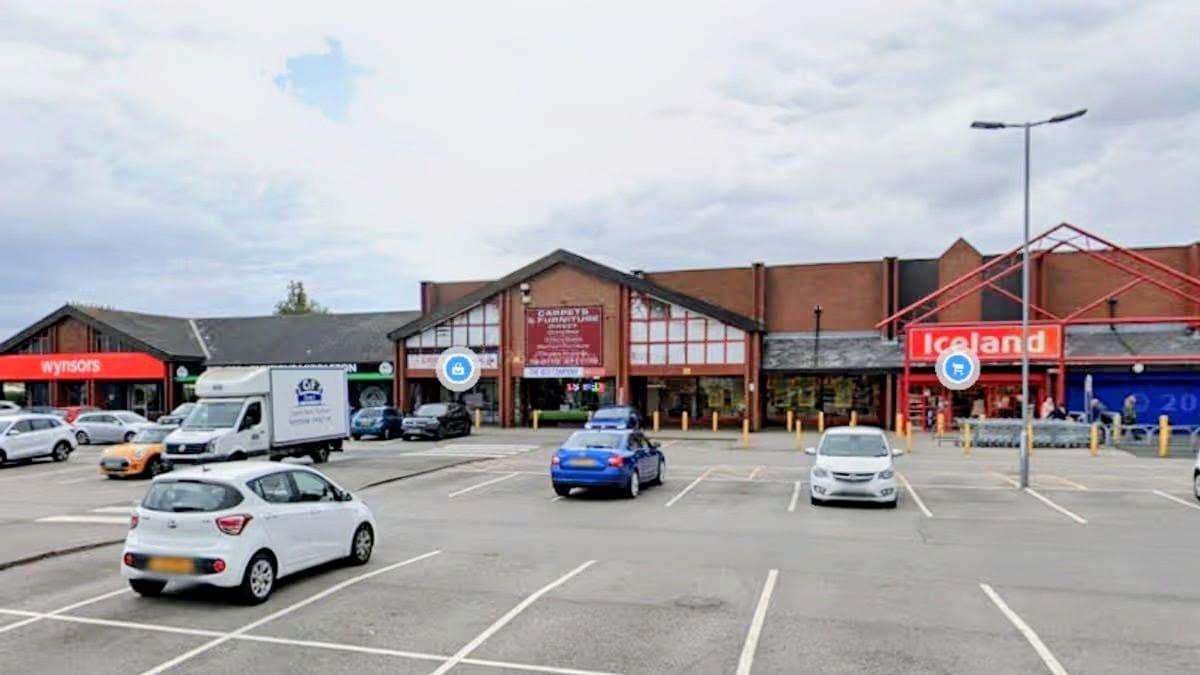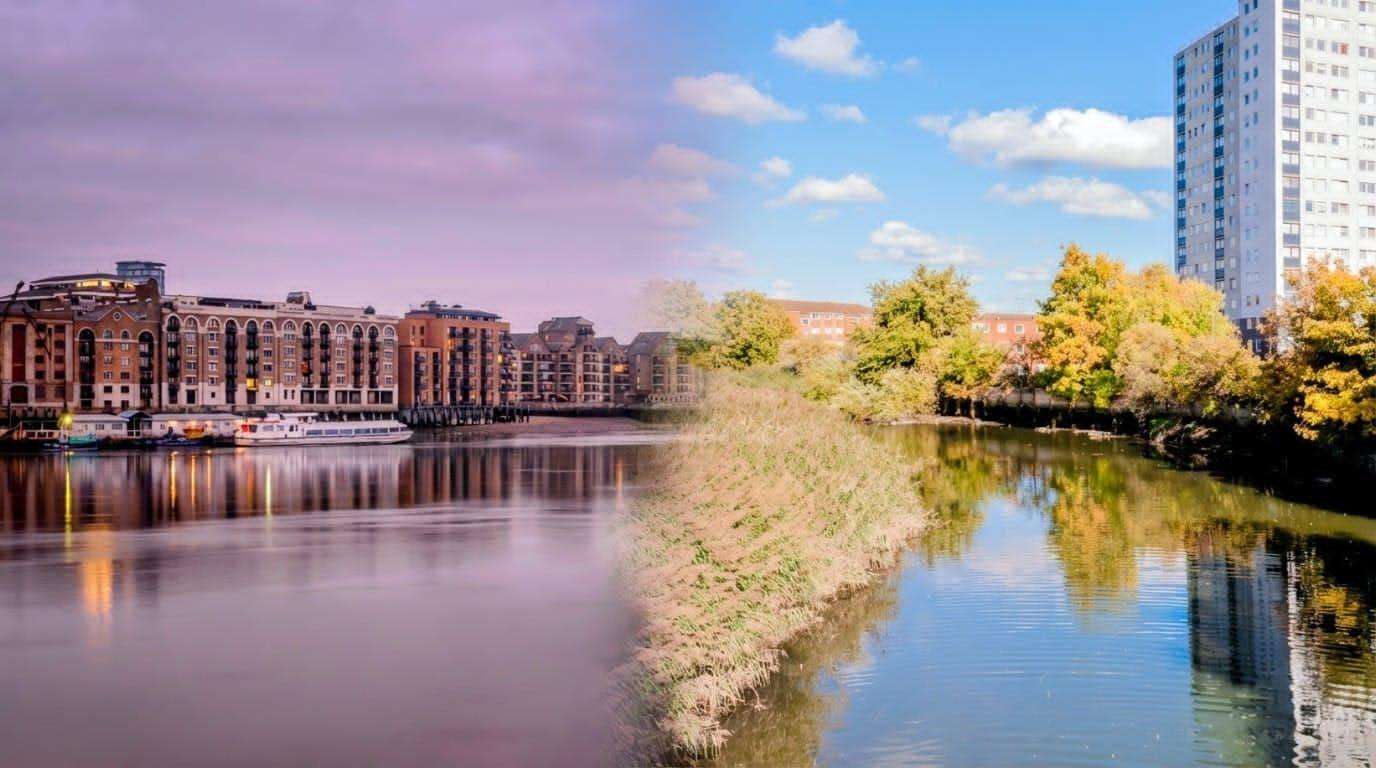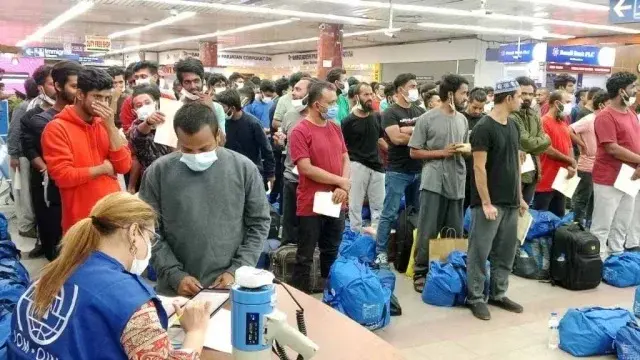In 1994, I joined a protest against the World Bank and the International Monetary Fund, which, with U.S. backing, were pressuring governments in the global south to adopt the so-called “Washington consensus.”
We warned that privatizing state assets, deregulating markets, and opening financial services to foreign investment would lead to greater instability, inequality, and dependence on external powers. Now, decades later, I am alarmed to see the same damaging economic strategy still being pursued in the UK.
Britain was an early adopter of privatization under Thatcher, and successive governments have since embraced public-private partnerships to fund infrastructure like schools, hospitals, roads, and prisons—often relying on foreign capital. While many developing nations were forced to sell off state assets, UK governments have willingly done so, weakening regulations and lowering tax barriers—what is now termed “de-risking”—to attract overseas investors.
And foreign buyers have taken full advantage. According to the Office for National Statistics, 38% of Britain’s non-financial business turnover now flows through foreign-owned firms. U.S. companies have been the biggest beneficiaries of Britain’s asset sell-off, with the value of U.S.-based holdings rising from £242bn to £708bn in the decade to 2023. The true figure is likely even higher, given the additional £630bn funneled through low-tax jurisdictions like Ireland, the Netherlands, Switzerland, and the UK’s own crown dependencies.
Even Thatcher might not have envisioned a scenario where U.S. multinationals like Amazon, Coca-Cola, Goldman Sachs, and Uber account for a quarter of British GDP. This means key business decisions are made abroad, intellectual property is often owned offshore, profits are extracted, and taxes are avoided in the UK.
Economist Angus Hanton describes Britain as a “vassal state,” effectively paying tribute to the U.S. owners of its assets. Some even speculate that Donald Trump could spare the UK in any future trade war, as Britain has already removed most barriers to U.S. economic dominance and wealth extraction.
Having sold off our public assets, and hollowed out the state’s capacity to directly deliver services and infrastructure, we now rent our public services from the foreign entities that own our buses, water companies, energy networks, prisons, care homes, and provide us with the IT services needed to run the state. There is also a bitter irony that some of these foreign entities are actually state-owned enterprises.
The chancellor’s recent endorsement of airport expansion will have been music to the ears of the Qatari, Saudi and Chinese governments, who own stakes in Heathrow airport, and the foreign private equity firms that stand to profit from both Heathrow and Gatwick’s growth. But these expansions are more likely to divert money away from high streets, the domestic tourism industry and foundational economies across the UK than they are to produce any “useful” sort of growth.
This is especially true in countries where the state has dismantled the rules that protect the public from market failure and help businesses to do the right thing. The UK already has low levels of regulation by international standards. And yet, over the years, successive governments have weakened genuine public protections – from environmental safeguards, to food standards and workers’ rights – and eroded the capacity of UK regulators to enforce the rules. By asking regulators to prioritise economic growth over other important social and environmental priorities, the new UK government risks following the same dangerous path.
What UK policymakers forget are lessons being learned the hard way by many debt-laden countries of the global south: that today’s “foreign investment” can lay the ground for tomorrow’s extraction and dependency. The optimism of investors seeking new opportunities in the global south in the early part of this century has turned to horror as money has moved to what are seen as safer markets amid the global economic turbulence of recent years – and rising interest rates have meant higher debt servicing costs.
Indeed, projections by the ONE campaign show the net flow of international finance into the global south has actually gone into reverse, with developing countries collectively paying back more to international lenders than they are receiving in new funding. This is what makes the announcements of cuts to the UK’s aid budget – an important resource for softening the impact of liberalisation on the poorest – all the more painful.
Arguably the most dangerous aspect of the orthodox approach to economic development has been its wilful negligence of dangerous levels of inequality. Not only did countries that pursued these economic policies become more unequal but there was also active collusion between political and economic elites to further rig the rules to their mutual benefit. In India, we’ve seen businessman Gautam Adani – briefly, in 2022, the world’s second wealthiest man – reaping extraordinary benefits from his close ties with the prime minister, Narendra Modi. Soon after the Indian government changed its rules to allow companies with no prior experience in the sector to tender for airports, Adani had six. Adani has been charged by the US Securities and Exchange Commission in connection with a $250m (£195m) bribery plot. The Adani Group has denied the specific allegations, and more generally said that it has not benefited from political patronage. Those who think the UK is immune to corruption need only look at how the VIP lane worked when government contracts were issued during the pandemic response.
The UK has seen income and wealth inequality soar in recent years, leaving us looking far more like the US than continental Europe. The consequence of this could not be starker. Earlier this year, a report from King’s College London and the Fairness Foundation warned that growing wealth inequality in the UK could be a “major driver of societal collapse” within the next decade. And even those benefiting from rising inequality think it is dangerous, with more than half of rich people polled by Patriotic Millionaires thinking that extreme wealth is a “threat to democracy”.
The new UK government has shown some signs that it is learning the lessons of global worst practice, for example by promising to renationalise railways, create a national wealth fund that can make strategic investments, and by raising capital gains taxes. But we need a coherent new strategy that doesn’t repeat the mistakes of the past and prevents us sleepwalking into economic disaster. Forty years of liberalisation is enough.
--
Dhananjayan Sriskandarajah, CEO of the New Economics Foundation, is the author of Power to the People and former head of Oxfam GB and Civicus.



.jpeg)




.svg)


